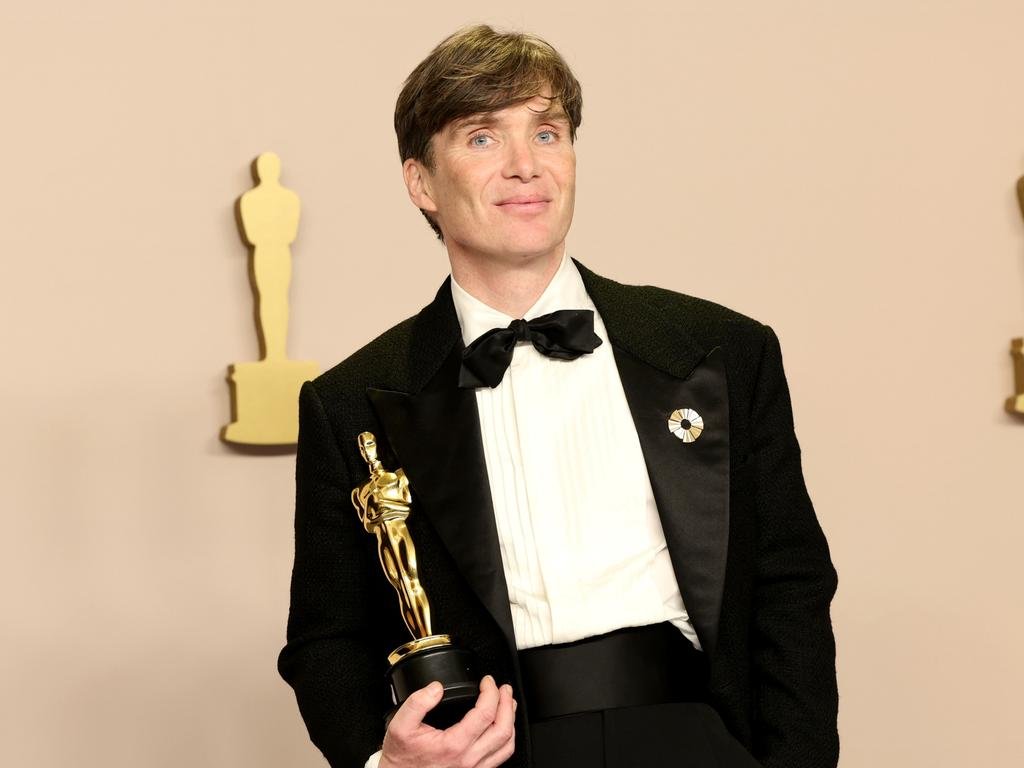“Oppenheimer” celebrated major wins at the Oscars, but its reception in Hiroshima, the city that bore the brunt of the world’s first atomic bomb attack in 1945, has been met with mixed emotions. The film’s portrayal of the bomb’s architect stirred complex feelings among the residents. “Can Hiroshima’s people truly endure watching this film?” pondered Kyoko Heya, head of the city’s international film festival, responding to the movie’s seven Oscar wins, including best picture, on Monday. Despite its global success last summer, “Oppenheimer” did not screen in Japan, leading to speculation that the delicate subject matter influenced its absence.
The atomic bombings of Hiroshima and Nagasaki claimed the lives of approximately 140,000 and 74,000 people respectively, marking a somber chapter in history. Japan is set to witness the film’s release on March 29, with a special advance screening arranged by Heya for high school students in Hiroshima. Located near the epicenter of the bombing, Hiroshima’s Peace Memorial Park, with its haunting reminders of the attack, served as the backdrop for Heya’s reflections on the film, which she initially found to be overly focused on American perspectives.
Despite initial reservations about showing the film in Hiroshima, now a bustling city of 1.2 million, Heya’s stance evolved. She expressed a desire for the film to spark dialogue on Hiroshima, Nagasaki, and nuclear weapons.
In anticipation of the film’s nationwide release, a screening is also planned in Nagasaki. Yu Sato, a student from Hiroshima City University involved with bomb survivors, shared her apprehension regarding their reaction to the film’s portrayal of J. Robert Oppenheimer and the consequences of his creation. Sato highlighted the complex legacy of Oppenheimer, acknowledging the gravity of his actions despite his intentions.
Christopher Nolan cited a Pulitzer Prize-winning biography of Oppenheimer as his inspiration for the film, which unexpectedly became part of the viral “Barbenheimer” trend last year. However, the film and its subsequent Oscar success have provoked mixed reactions in Japan, prompting calls for storytelling that reflects the Japanese perspective on the atomic bombings. This dialogue underscores the ongoing struggle with the historical and emotional legacies of these events, highlighting diverse perspectives on a global scale.






